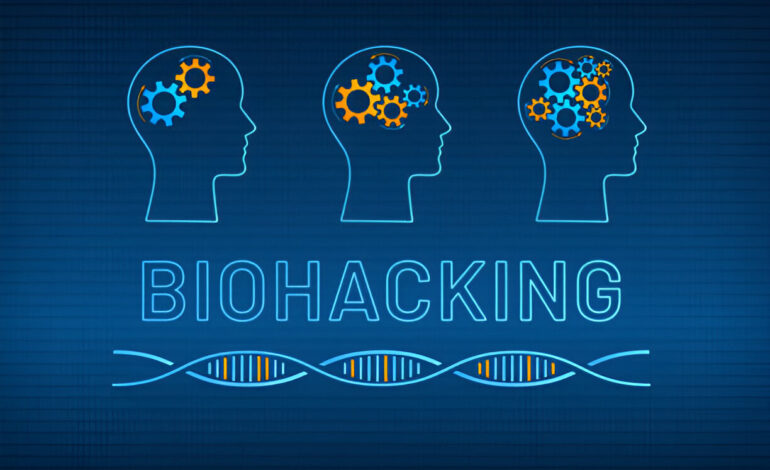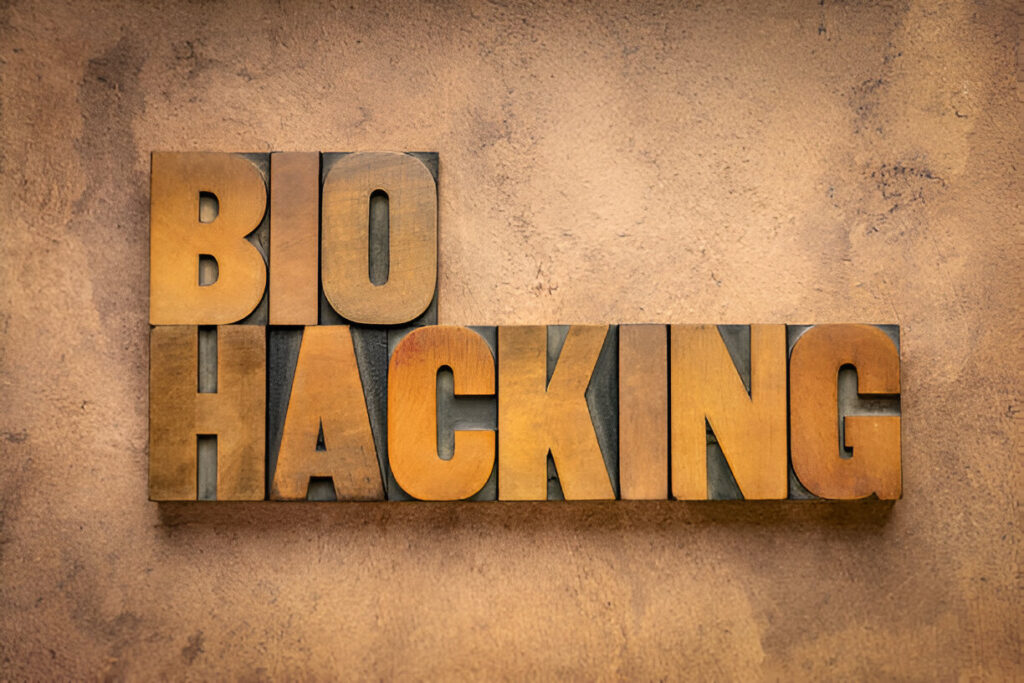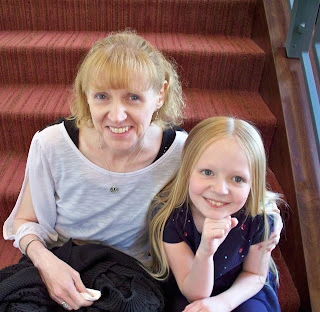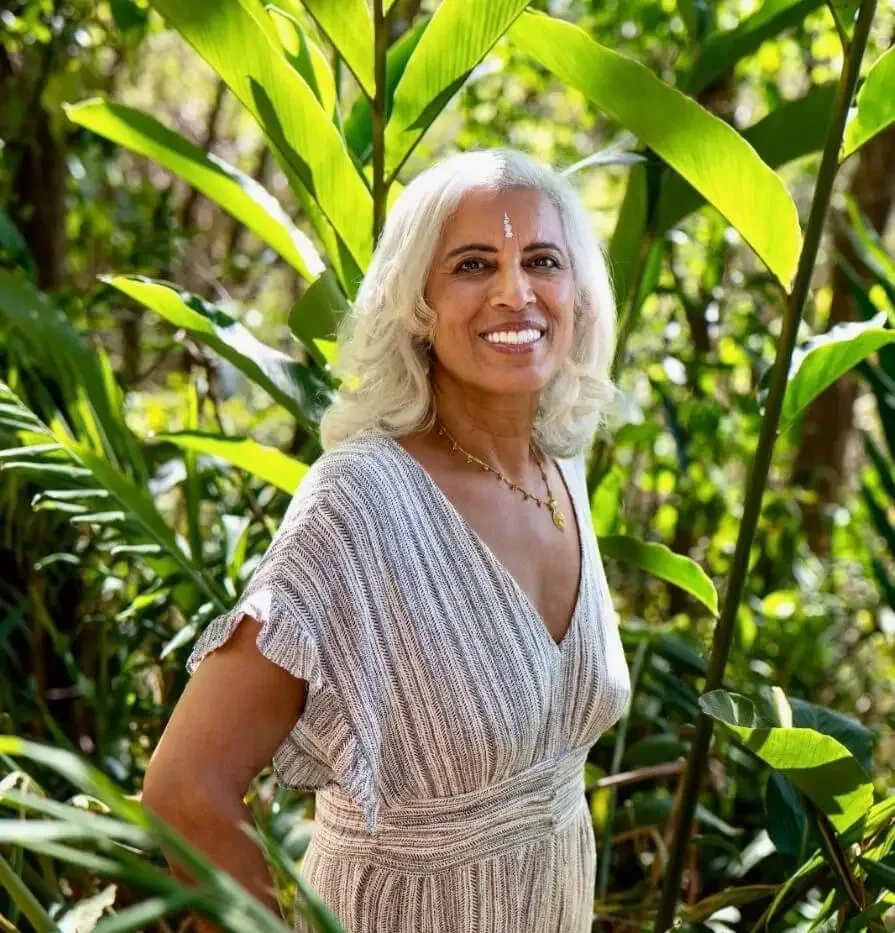Biohacking in 2025: Frontier of Wellness or Fad in Decline?
Is Biohacking Still a Thing—Or Have We Moved On? There was a time when butter in your coffee was a revolutionary act. When sleep tracking, cold plunges, and fasting windows

Is Biohacking Still a Thing—Or Have We Moved On?
There was a time when butter in your coffee was a revolutionary act.
When sleep tracking, cold plunges, and fasting windows were whispered in Silicon Valley boardrooms and optimized in Instagram highlight reels. The term biohacking surged like a supercharged mitochondrion through the wellness world—half-science, half-spectacle, all promise.
But here in 2025, a question lingers:
Is biohacking still a thing, or has it quietly disappeared beneath the next big thing in wellness?
What Biohacking Was Supposed to Be
At its heart, biohacking was never just about blue light glasses or keto diets. It was a mindset—a DIY biology movement rooted in the belief that the human body is not a fixed entity but a system to be upgraded.
The ethos? Take control of your biology. Optimize it. Improve it. Hack it.
From garage labs to high-tech startups, early biohackers experimented with:
- Nootropics (smart drugs)
- Intermittent fasting
- Bulletproof coffee & high-fat diets
- Sleep optimization gadgets
- Cold exposure & infrared saunas
- Genetic testing
- Even implantable tech and CRISPR-based bio-editing
At one point, biohacking wasn’t just trendy—it was spiritual, almost cult-like in devotion. Leaders like Dave Asprey promised to “live to 180.” Silicon Valley poured money into nootropics, glucose monitors, and sleep headbands. Wellness became a quantified mission.
What Happened?

1. The Market Got Saturated
Once every smoothie bar started offering biohacking bowls and influencers posted red-light therapy selfies, the term lost its edge. It became a buzzword—flattened and commercialized.
2. The Science Caught Up (and Called B.S.)
Some hacks worked. But many didn’t.
- Nootropics? Most had minimal cognitive effects in clinical studies.
- Cryotherapy? Cool, but not magic.
- Infrared saunas? Relaxing, yes—but longevity-extending? Still unproven.
As more scientists weighed in, many popular hacks were found to be placebo at best, pseudoscience at worst.
3. The Wellness World Moved On
Biohacking, for all its tech sheen, still carried the baggage of privilege—only the wealthy could afford constant lab tests, hyperbaric chambers, and custom supplements.
Meanwhile, the next wave of wellness emphasized sustainability, mental health, and accessibility. Mindfulness, nervous system regulation, and ancestral health practices replaced talk of mitochondrial function and wearable data overload.
So… Is Biohacking Dead? Not Quite.
Here’s where it gets interesting: biohacking didn’t die. It evolved.
Biohacking 2.0 looks like this:
- Personalized medicine using real-time biomarkers
- Longevity clinics offering tailored protocols grounded in diagnostics
- Continuous glucose monitors (CGMs) used by non-diabetics for metabolic awareness
- Wearable tech that doesn’t just track sleep—but recommends actionable change
- Epigenetic testing to guide diet and lifestyle
- AI health coaches providing daily biofeedback
It’s less about hacking your body like a machine—and more about listening to it like a complex, interconnected system.
In short: the language has changed, but the mission hasn’t.
Why Biohacking Still Matters (Even If You Hate the Term)
Biohacking forced important conversations:
- How do we extend not just lifespan, but healthspan?
- How can technology support preventive care?
- Why does mainstream medicine wait until disease shows up to act?
Even if “biohacking” as a buzzword feels passé, the underlying principles—self-experimentation, optimization, and self-empowerment—are more relevant than ever.
The People Still Doing It
While mainstream trends have moved toward mindfulness and slow living, a quiet subculture of hackers still thrives.
You’ll find them in:
- Online Reddit threads sharing stackable nootropic regimens
- Biotech conferences discussing mitochondrial testing enhancement
- Longevity podcasts interviewing researchers about cellular repair
- Startups focused on gut microbiome manipulation
They’re just not posting about it on Instagram anymore. They’re coding their own dashboards instead.
Read About: The Japanese Walking Secret: Why This Ancient Habit Is the Key to Modern Longevity
So, Is Biohacking Still a Thing?
It depends on what you mean by “thing.”
If you mean the flashy, Instagrammable version of 2018-era biohacking—then yes, it’s fallen by the wayside.
But if you mean the pursuit of self-directed health optimization, powered by data, curiosity, and a refusal to accept “normal aging” as inevitable—then biohacking is alive, maturing, and quietly reshaping modern medicine.
Read About: The Japanese Walking Secret: Why This Ancient Habit Is the Key to Modern Longevity
It’s not gone. It’s just growing up.
Some Thoughts
As a woman observing the world of wellness from both inside and out, I see biohacking not as a failed experiment—but as a misunderstood phase in our collective health evolution.
It was messy. Sometimes ridiculous. Occasionally brilliant.
And like all movements worth remembering, it asked the right question:
What if we could feel better, think better, live longer—and take control of it ourselves?
Maybe the answer isn’t in the hacks, but in the intention. Maybe the real revolution is learning how to listen before we try to optimize.
By Izzy Malcolm for Ravoke.com








